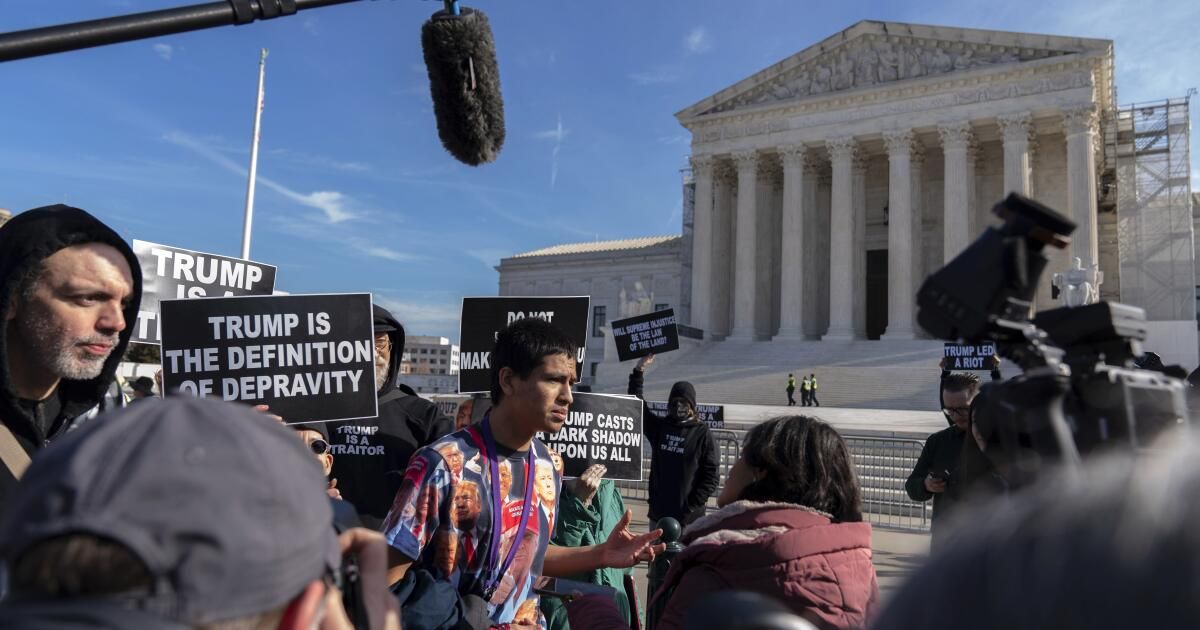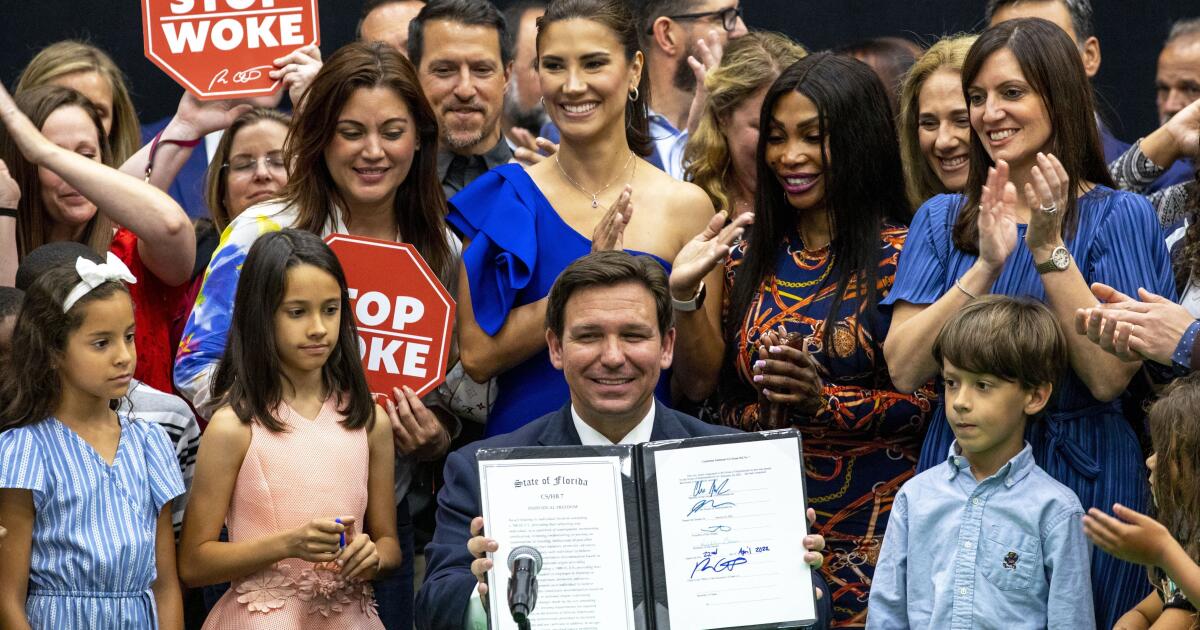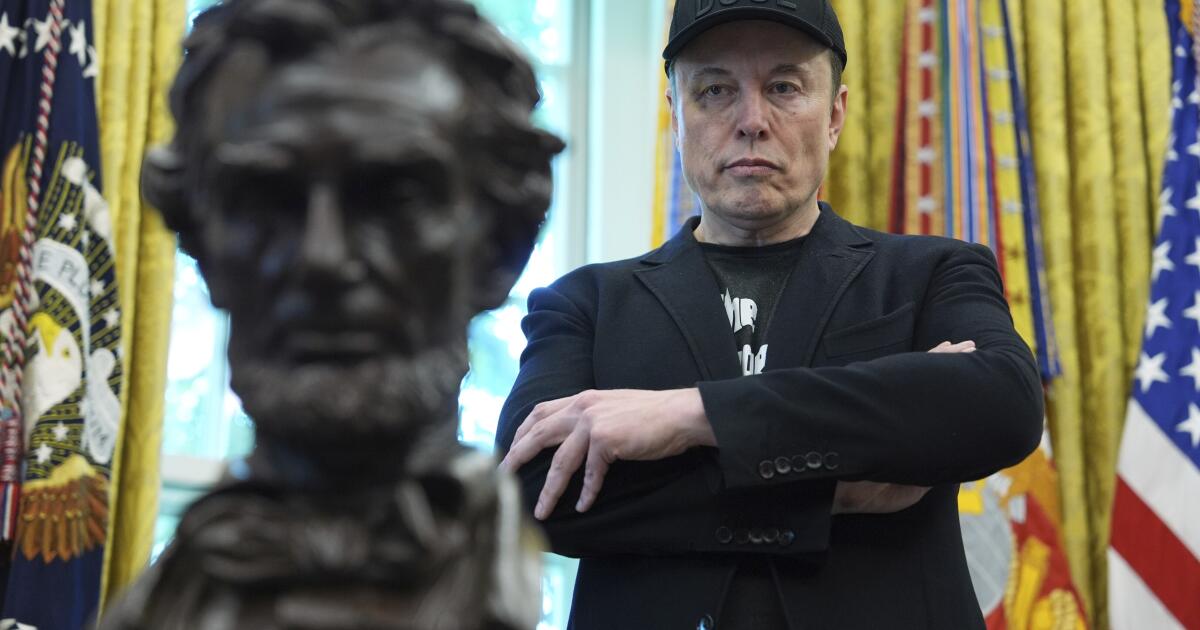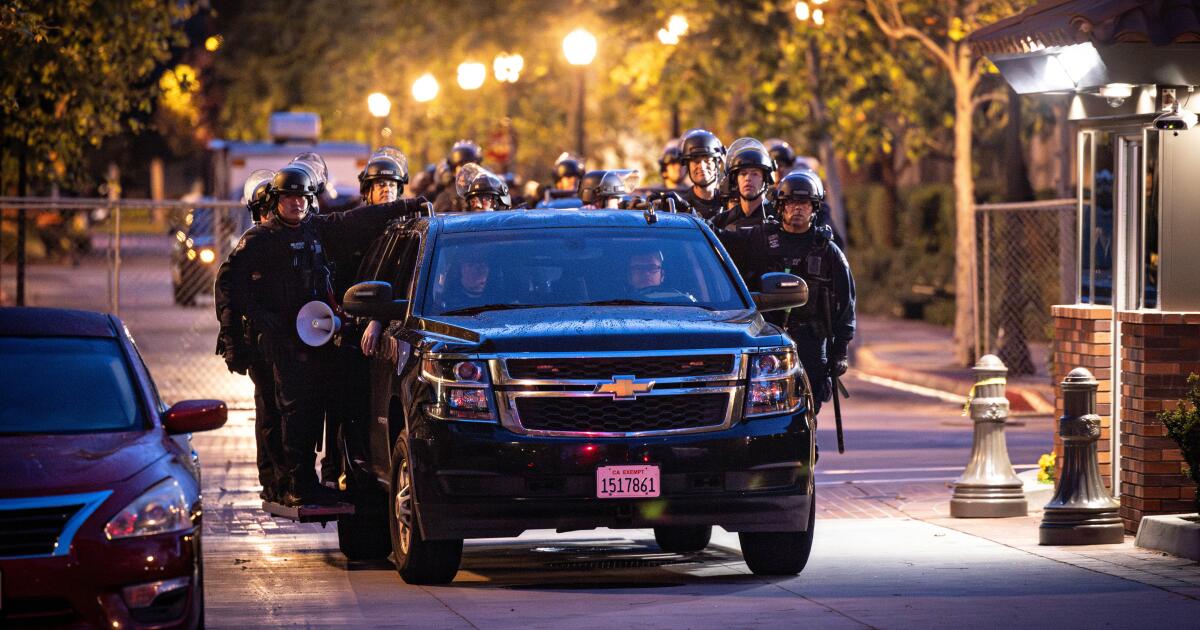By ruling that Colorado (and other states) cannot exclude Donald Trump from the ballot, the Supreme Court has provided needed clarity on the scope of a once obscure section of the 14th. Amendment intended to prevent insurrectionists from holding public office.
At a time of crippling political polarization, it is notable that Monday's court decision was supported by all nine justices. A unanimous decision on the highly partisan issue is welcome, although three Democratic appointees complained that the unsigned majority opinion went too far in saying Congress must act to enforce the insurrection provision.
It is now clear that if Trump is to be prevented from returning to the White House, voters must reject him and deny him a majority in the electoral college. Whatever the legal merits of the court's ruling, its main consequence is to strengthen democracy.
The Colorado Supreme Court effectively held that under the Constitution, voters could be denied the right to decide whether Trump is fit for a second term. Their ruling excluded Trump from the state's Republican primary ballot under Section 3 of 14 Amendment. That provision says that no person who has taken an oath to support the Constitution may hold public office if that person “engaged in insurrection or rebellion against the same.”
In oral arguments in this case, Justice Elena Kagan, a Barack Obama appointee, seemed to channel the concerns of several justices when she raised the question of “why a single state should decide who will be president of the United States.”
Monday's unsigned majority opinion reflects that concern. He says that “a state-by-state resolution of the question of whether Section 3 bars a particular candidate from the presidency would be highly unlikely to yield a uniform answer consistent with the basic principle that the president. . . represent[s] all the voters of the nation.”
All nine judges endorsed this concern for a “partial” result. But the three Democratic appointees and Judge Amy Coney Barrett, a Trump appointee, did not support another argument in the majority opinion: that Congress must act to authorize the application of Section 3 to federal officials and candidates. In a separate opinion, Justices Sonia Sotomayor, Ketanji Brown Jackson and Kagan wrote that the majority unnecessarily “closes the door on other potential means of federal law enforcement.”
This objection is not trivial, but it should not overshadow the nine justices' agreement that states cannot use Section 3 to disqualify presidential candidates. As Barrett observed in a brief opinion, “our differences are far less important than our unanimity: all nine justices agree on the outcome of this case. That is the message Americans should take home.”
The court would not have to wrestle with these questions if Trump, after inspiring a riot at the Capitol with his self-serving claims of election fraud, had slipped away from politics. Officials or aggrieved voters in Colorado, California, and other states may not have contemplated it at all if Republican politicians and voters had seen Trump for what he is: a narcissist who nearly destroyed our democracy with his attempts to overturn the results. of the 2020 elections.
That alone should disqualify him in the eyes of voters. His own statements since he launched his re-election bid make clear that he would return chaos to the Oval Office, fray relations with America's allies and exacerbate racial and other divisions.
Neither the Supreme Court nor the Constitution will absolve voters of the responsibility of facing the facts about their obvious unfitness for another presidential term.












